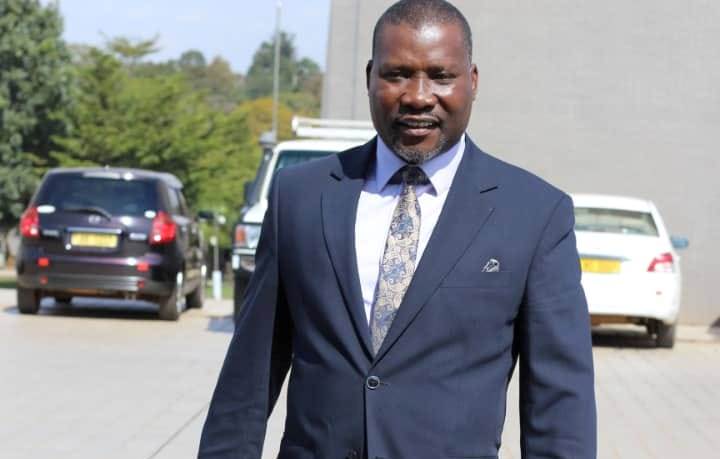DPP protests labour law
Democratic Progressive Party (DPP) has faulted President Lazarus Chakwera for signing into law the Labour Relations Act (Amendment) Bill, saying the law threatens to reverse democratic gains of the past 20 years.
DPP shadow Minister of Labour Joe Nomale said in a statement issued on Saturday that the President’s assent is an attack against the architecture of the country’s Constitution.

He said: “One of the fundamental principles and rights at work is freedom of association and the effective recognition of the right to collective bargaining.
“This government, therefore, has no business denying workers their right to strike. It is a right which workers and trade unions are entitled to enjoy without any intimidation.”
The law stirred controversy when it was tabled in Parliament, especially the provision in Section 2 (4) that an employee shall not be entitled to receive wages for the period they are absent from work due to participation in a strike if they stay away for more than three days.
Section 4 further gives the Minister of Labour powers to make regulations to facilitate expeditious resolution of disputes involving employers and employees engaged in essential services and timely implementation of decisions made or awards granted.
In the thick of the controversy, Chakwera assured representatives of labour unions that he would not sign the Bill into law on the basis that it did not go through a proper consultation process.
Nomale said DPP fears that the law will drag the country back to the one-party rule era and asked the President to reverse the decision to avert serious repercussions that may result from mass demonstrations by workers.
He said it is disappointing that Chakwera assented to the Bill despite earlier acknowledgements that government did not make proper consultations with relevant stakeholders to reach a consensus on how workers can seek redress over employment-related grievances.
Nomale said: “The Tonse Alliance government wants to deny workers the freedoms and rights that Malawians fearlessly fought for in the early 1990s.
“It is regrettable to witness the Tonse Alliance government deliberately diluting the democratic gains achieved over the past two decades with reckless abandon.”
But acting presidential press secretary Anthony Kasunda said in an interview on Sunday that the President respects the rule of law, which includes respecting the courts.
He said that was the reason the President did not assent to the Bill until the High Court of Malawi completed its judicial review of the same. He also said that was when the President attended to concerns raised by unions.
Kasunda said: “Now that this is a Bill passed by the Legislature after consultations, cleared by the Judiciary after consultations, the Executive has also assented to the Bill after consultations.
“The President believes that between the consultations done by all three branches of government, all the concerns raised on the matter have been heard and settled.”
He said the President is appealing to all employers and employees to study what the law actually says and requires of them to avoid being misinformed by inaccurate reports about its contents.
In August, the High Court dismissed an application by Judiciary Members of Staff Union for a judicial review and an order to put aside implementation of the Bill.
The union moved the court to declare void the tabling and subsequent passing of the Bill in Parliament and that the President should not sign it into law.
But High Court of Malawi Judge Mandala Mambulasa dismissed the application, noting that despite the union not being consulted, there were consultations on the Bill with umbrella bodies both in public and private sectors.
Malawi Congress of Trade Unions (MCTU) says it will hold an extraordinary general council meeting to map the way forward.
In an interview on Sunday, MCTU secretary general Madalitso Njolomole said the union is deeply dissapointed with Chakwera’s decision to assent to the Bill.
He said: “He [Chakwera] assured us that he would not assent to this Bill, but rather send it back for further consultations and it is shocking that instead, he has nodded to it.
“The trick played in this case is an insult to workers. Mind you, we called off the nationwide demonstrations based on the fact that the President would not assent to the Bill.”
The International Trade Union Confederation also wrote Chakwera not to assent to the Bill and further expressed reservations with the provisions, saying they limit rights of workers.
The Bill was passed in Parliament on July 8 this year. After its passing, DPP and United Democratic Front legislators walked out of Parliament in protest.
On Friday, Kasunda said the Bill was among four the President signed into law. The others are Employment Act (Amendment) Bill, Constitutional (Amendment) Act and the Parliamentary Service Act.





